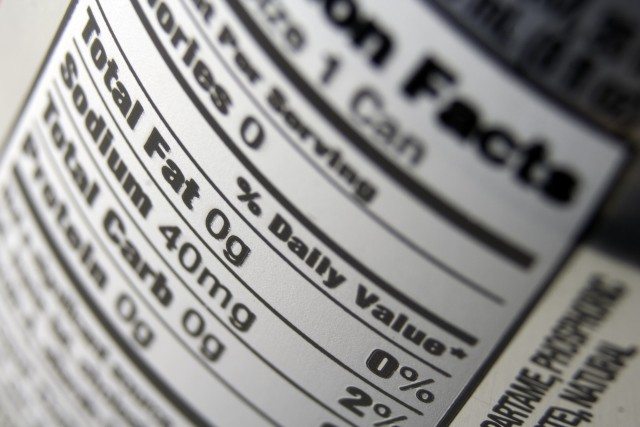A Mintel research has found that 40% of spirit drinkers in the UK and 67% of spirit drinkers in the US say they like to try drinks from other countries, such as sake, Chinese baijiu or Brazilian cachaca.
In Brazil, imported vodka and whiskey have caused declines in sales of traditional sugar cane-based spirits.
However, the research states that some modification might be required to break into a new market because 43% of Chinese adults aged 20-49 who have purchased spirits would like to see Western spirits with packaging or bottles tailored to the local market.
The provenance of products is increasingly important to shoppers in Asia Pacific, including highlighting origin such as dairy products from New Zealand.
They are starting to see themselves as citizens of the world, who are easily connected with their counterparts from other countries through the Internet and social media.
Consumer concerns over food safety, health
Food safety and health are major concerns among Chinese adults surveyed by Mintel.
Half of Chinese respondents say they are most concerned about the safety of food products, 42% about their personal or their family’s health, and 41% about pollution.
Consumers in South Korea and Japan are now more cautious when shopping due to concerns about food safety.
Thus, consumers are also are paying more attention to product packaging; for some this includes country of origin, ingredient statement, calorie content, and nutritional effects.
They are already taking steps to improve their health.
About 83% of urban Chinese consumers who have purchased vitamins and supplements have done so to help ward off illnesses or improve immunity.
Furthermore, half take vitamins and supplements to compensate for poor eating habits, which is more than the one-quarter of vitamin, mineral, and supplement users in the US who take the products for the same reason.
As they carefully read labels, scan quick response or QR codes, or check online reviews before buying, shoppers are sleuthing before charging.
Product recalls, questionable claims, and shady business practices have heightened the skepticism in consumers.
This elevates the need for brands to be authentic and transparent in their business practices in 2014.










